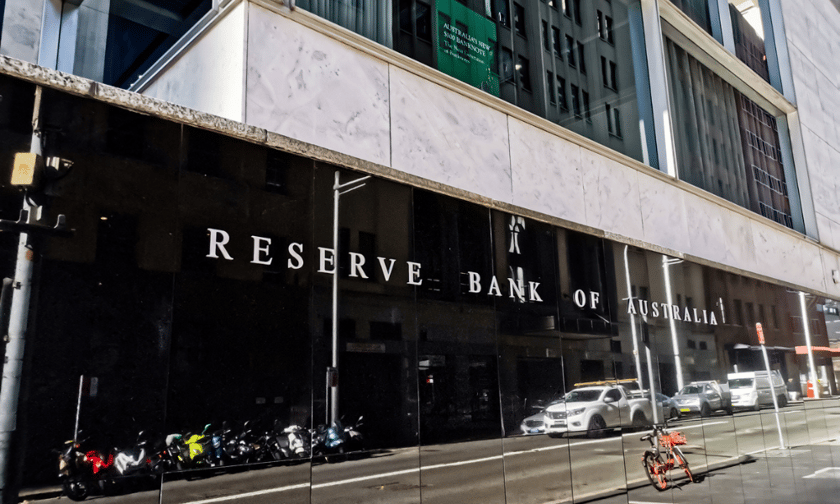

The Reserve Bank (RBA), which maintained rates at 4.35% in December, has left the door open for more increases, but with recent data challenging the prevailing trend, including lower-than-expected inflation rates, discussions about the possibility of a rate cut in 2024 have emerged.
Despite economists’ projections of a 4.4% increase in prices, the Consumer Price Index (CPI) revealed a deceleration in inflation from 4.9% in October to 4.3% in November, as reported by ABS.
Market analysts interviewed by SBS News suggested that unless a substantial economic shift occurs, the slowdown in inflation is likely signaling the conclusion of the RBA's tightening cycle.
Economists are speculating on the timing of a potential rate cut, considering factors such as the evolving inflation scenario and consumption data, with some experts suggesting that the RBA might opt for a rate cut as early as June, while others anticipate it happening in August or even September.
Stephen Smith, a partner at Deloitte Access Economics, said the inflation figures “really cement the case that there won't be an interest rate increase in February or indeed, another one in this cycle.”
“We think that we've now reached the peak in interest rates and that there's all likelihood that there will be some interest rate cuts later on in 2024,” Smith said.
He predicted that a decrease in interest rates could occur in September.
“The RBA will want to be really quite sure that it has inflation well in check before it starts cutting interest rates,” he said.
Smith said mortgage holders have borne the brunt of RBA’s policy decisions, suggesting that they might receive a break later in 2024.
Josh Gilbert, an eToro market analyst, said that based on the latest inflation data, interest rate cuts could potentially occur by August.
“I think that could even be sooner if inflation keeps moving in the right direction,” Gilbert told SBS News.
He said the fourth-quarter CPI data for 2023, scheduled for release on Jan. 31, would play a role in informing RBA’s decision on interest rates in February.
“They [the RBA] want to see consumption slowing down because ultimately if you know consumers are still spending in a big way, that is going to feed into inflation,” Gilbert said.
Tony Sycamore, a senior market analyst at IG Australia, anticipates a potential rate cut as early as June, citing positive indicators from the inflation figures.
“The headline and the core or the true mean, whichever one you'd like to look at, they showed good signs of deceleration, which keeps that disinflation narrative in place,” Sycamore said.
Shane Oliver, chief economist at AMP, went a step further, predicting three rate cuts in 2024, beginning in June. However, he cautioned against expecting a return to pre-pandemic interest rate lows due to a more inflation-prone global environment.
“I suspect we’ve come into a more inflation-prone world now, because globalisation – which was a big driving factor behind pretty low inflation pre-pandemic – is in reverse to some degree; government policies are a little bit more protectionist, with more spending on defence globally and extra pressure on commodity prices,” Oliver said.
“Populations are ageing, there are less workers and more spenders, particularly as the baby boomers retire.”
“All of those things probably make the world a little bit more inflation-prone ... so central banks will probably be somewhat cautious in terms of the speed with which they cut rates and how low they ultimately go.”
Despite the potential for relief for mortgage holders, there are concerns about the broader economic outlook.
There is “always a risk that we go into recession, that's the sort of the flip side of all of this,” Oliver said. “With inflation starting to fall because of weaker economic growth... people are directing more of their spending into periods when the sales are on, and they often do that because their budgets are pretty stretched.
“That could be a telltale sign that we’re coming into a tougher economic period in terms of economic activity with higher unemployment.”
Oliver suggested that the RBA has moved “too much,” it might need to cut interest rates more aggressively.
“If we go into recession, then they probably have to cut by bigger amounts,” Oliver said.
He said that while aggressive rate cuts would benefit those with stable employment who can manage their mortgages, such conditions are not favourable for those who face job loss.
Smith concurred that Australia's economic conditions in 2024 are expected to be “relatively weak” – a “carryover” from last year when household finances began to become strained.
“We think that consumer spending and household budgets generally are under a lot of strain, we're still seeing some households roll off fixed-rate mortgages onto much higher variable rates and we're also seeing that housing construction sector remain really in the doldrums,” he said.
Get the hottest and freshest mortgage news delivered right into your inbox. Subscribe now to our FREE daily newsletter.
